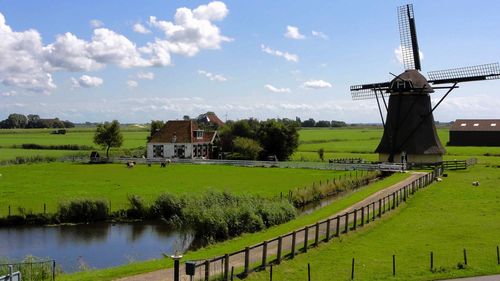Business News Qatar: A Look at the Country’s Economic Landscape in the Wake of the Gulf Crisis
Introduction
Qatar, a small country in the Middle East, has been at the center of the ongoing Gulf crisis since 2017. The blockade imposed by its neighboring countries, including Saudi Arabia, the United Arab Emirates, and Bahrain, has affected various areas of the Qatari economy. In this article, we will examine the impact of the Gulf crisis on Qatar’s economic landscape and explore how the country has adapted to the new realities.
Effects of the Gulf Crisis on Qatar’s Economy
The Gulf crisis has had a significant impact on Qatar’s economy, as its neighboring countries stopped all trade and transport links with Qatar. This blockade affected many sectors such as tourism, construction, and finance. Tourism, which was a crucial contributor to the Qatari economy, suffered the most, with a 20% decrease in the number of tourists visiting the country. Construction projects also slowed down, with many workers leaving the country due to the lack of supplies, affecting the completion of major projects such as Qatar Stadium.
Furthermore, the blockade also impacted Qatar’s financial sector with foreign investors withdrawing their investments from the country. In response, Qatar took several measures to mitigate the impact of the blockade, including diversifying its economy, seeking new trade alliances, and increasing domestic capacity.
Qatar’s Response to the Gulf Crisis and its Economic Future
Qatar quickly responded to the crisis by implementing various measures, such as investing heavily in its tourism industry, increasing food production, and initiating new trade agreements with other countries. In 2019, Qatar was able to open a new port that connected directly to Turkey, bypassing the need for goods to pass through the blockade countries. Qatar also strengthened its economic ties with other countries such as China and India, promoting trade, and investing in infrastructure.
The Qatari government also prioritized investing in various sectors of the economy, including transport, health, education, and technology, to create a diverse and stable economy. The country has also increased its focus on becoming a knowledge-based economy, investing in research and development and innovation.
Key Takeaways
– The Gulf crisis imposed a trade blockade on Qatar, affecting many sectors of its economy, including construction, finance, and tourism.
– Qatar responded to the crisis by diversifying its economy, seeking new trade alliances, and increasing domestic capacity.
– Qatar invested heavily in various sectors of its economy, such as transport, health, education, and technology, to create a diverse and stable economy.
– Qatar also focused on becoming a knowledge-based economy, investing in research and development and innovation.
Conclusion
The Gulf crisis had a severe impact on Qatar’s economy. However, the country’s swift response, along with its focus on diversifying the economy and investing in new sectors, has allowed Qatar to weather the blockade’s impact and emerge as a strong and vibrant economy. Qatar’s long-term vision to be a knowledge-based economy and its dedication to investing heavily in crucial sectors bode well for its future economic growth and stability.
(Note: Do you have knowledge or insights to share? Unlock new opportunities and expand your reach by joining our authors team. Click Registration to join us and share your expertise with our readers.)
Speech tips:
Please note that any statements involving politics will not be approved.
